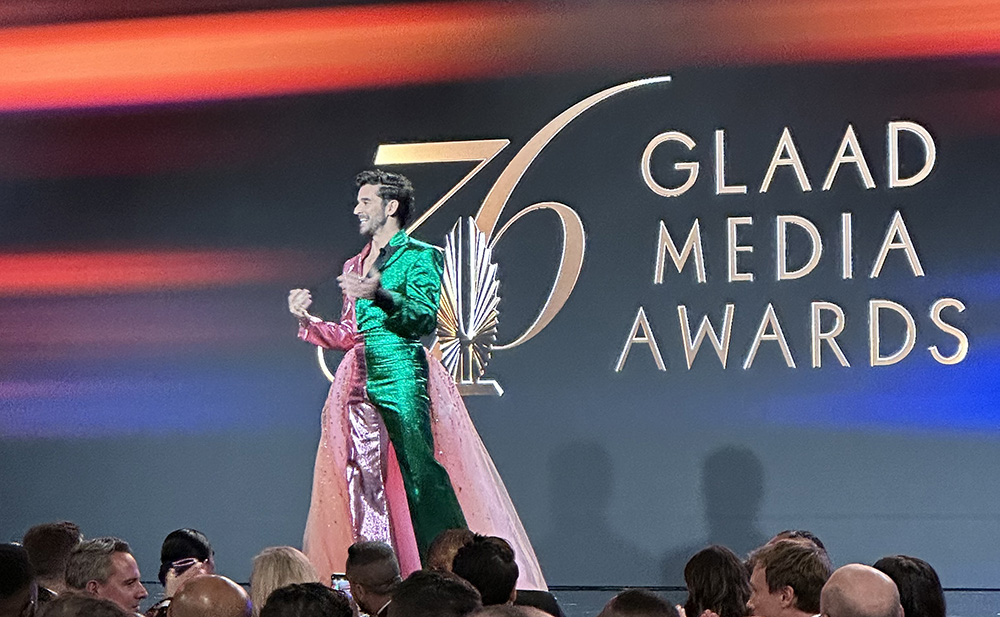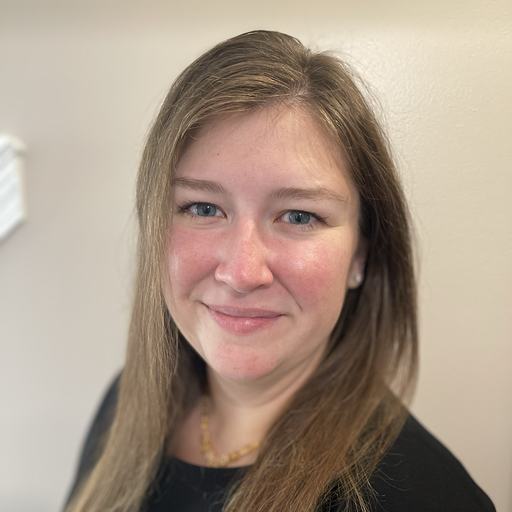Select Category
.gay
.gay ALL-STAR
.gay Cares
.gay Community
.gay Community Spotlight
.gay domain names
.gay domains
.gay early adopters
.gay Featured Sites
.gay gives
.gay Movies
.gay Music Monday Feature
.gay on the road
#ClubQ
#ColoradoSprings
#ColoradoSpringsStrong
#DotGayForBusiness
#DotGayQAndA
#FeaturedSites
#ilovegay
2022 Recap
Acacia
Acacia.gay
ACLU of Idaho
actionlink
Adam Lambert
Adam Matonic
advocacy
Alanis Morissette
All Man
Ally
allyship
Amsterdam Gay Travel Guide
Amsterdam Pride
Amy Winehouse
Angelica Ross
anime
Arlo Parks
Artist Interviews
atari
Atwater Skin
Bartees Strange
Bay Area
Beach Bunny
Ben Platt
Benjamin Koll
Berklee College of Music
Best DJs
bi artist
Big Thief
Billie Jean King
Biphobia
bisexual
Bitch
Bitch Music
BJK
BJKLI
Bleachers
Blog
Boise
Boise Music
Boise Music Scene
Boulder County
Brand
Branding
Bright Light Bright Light
BrightLightX2
Buddy
California
Carly Rae Jepsen
cenotes in Mexico
centerlink
Chris Mosier
Chris Pierce
Chris Salgardo
Chris Youmans
Circuit Music
citizenM Hotel Zuidas
Clark Cullen
Clyde Petersen
Colorado
Colorado Pride
Coming out
COMMANDO
Community
COMMUNITY SPOTLIGHT
Crash & Burn
Crazy Kinda Love
Creating Change 2023
Dance Music
Darcelle XV
DC
DC Pride
Diet Soda
diversity
Domain Giveaway
dotgay
DotGay Travel
DotGayestMoments
DotGayestYear
DotGayJams
Dr. Bhavik Kumar
Draw The Line
Dynadot
E-EYE'S
E.C. Pizarro III
Eastern Washington State
education
Election
elections
Electric Love Connection
Elton Jonh
Entrepreneurship
Equality
Equality New Mexico
Eric Howk
Ezra Michel
fashion
Film Fridays
Fire
FOXCULT
Free .gay Domains
Free Domains
Full Spectrum Therapy
fundraiser
Furillostar
gamers
GATE
gay Amsterdam
Gay Bear
Gay Bears
gay catalog
gay christmas
Gay Couple
Gay DJ
gay fashion
gay gift guide
gay gift ideas
gay men
Gay Music
Gay New Mexico
gay nightlife
gay outdoors
gay pride
gay San Francisco
gay teens
gay travel
gay utah
gay youth
GayLove
gaymer
gaymers
gender affirming care
gender-equal
gender-free clothing
Gene Burkard
George Takei
get out the vote
Gift
Giveaway
GivingTuesday
GivingTuesGAY
GLAAD
Glacier
GLAPN
Global Action for Trans Equality
Gossip
Greater Reading
grindr
grindr.gay
Harvey Milk
healthcare
hiring
history
HIV Awareness
HIV Prevention
Hoe Sh!t
Holiday
HoliGAY Gift Guide 2022
HoliGay Gift Guide 2023
Homophobia
Hot Line
House Music
House Music DJ
House of Manchic
Human Rights
human rights campaign
I Amsterdam City Card
Icons
Idaho
idahobit
idahobit2022
Imperial Sovereign Rose Court of Oregon
inclusion
Independent Music
Indie
indie artist
Indie Rock
Intellectual property
international day against homophobia
International Male
Interviews
Intimacy Coordinator
ISRC
Jasmine Kennedie
Jesse Blake Rundle
Jesse Rundle
Jessenia
jonathan adler
Jorge Gallegos
Joshua Althina
juanita more
Juba Kalamka
Kill Rock Stars
KRS
KRS.gay
Lady Gaga
lbgtq
LBXX
Leo From. Rio
Leo Herrera
Leo Nunan
Leopold Nunan
Lesbian
lgbt
LGBT Center of Reading
LGBT Music
LGBT National Help Center
lgbtq
LGBTQ Artist
LGBTQ Couples
lgbtq fashion
LGBTQ gamers
LGBTQ History Tour of Amsterdam
LGBTQ Music
LGBTQ Musicians
LGBTQ Outdoors
LGBTQ resources
LGBTQ Travel
lgbtq vote
LGBTQ youth
LGBTQ+
LGBTQ+ entrepreneurs
LGBTQ+ families
LGBTQ+ hiking
LGBTQ+ Native Communities
LGBTQ+ Youth
LGBTQIA+
LGBTQIA+ gamers
LGBTQIA+ Idahoans
LGBTQIA+ resources
Library
Lifestyle & Identity
Lil Wayne
Logan Lynn
Los Angeles
Louisville Youth Group
Love
Madds Buckley
Make Things Right
manchic
Marketing
Marsha P. Johnson
Mary Emily O'Hara
men's swimwear
men's underwear
mental health
Merida
Merida Gay Tours
Mexican DJ
Mexico
Michigan
Miss Envy Peru
Mister B
Mister B Wings
Mister Co
Mixed Metaphor Recording
monkeypox
mpx
MUNA
Music
Music Monday
My Love Is Sick
Mya Byrne
nasville
Nathan Hayes
New Bloods
New Hampshire
New Mexicans
New Mexico
New Music
Next Town's Trees
non-binary
Nora en Pure
North Idaho
oasis center
On Mekahel
one.nten
onenten
Oregon
Osa Atoe
Osito
out and proud
Out Boulder County
Out Celebrities
Pennsylvania
Perry Cohen
Personal Website
Peter Jones
Planned Parenthood
Play Out Apparel
Playlist
Poison Waters
politics
polyamory
pop music
Pop Star
Portugal The Man
Postmalone
prevention
PRIDE
Pride Festival
Pride Mix
Pride Month
Pride Music
Prik Amsterdam
PTM Foundation
Punk
Punk Rock
Pusckatt Pumera Onyx
queer
Queer and Trans New Mexicans
queer artist
queer bands
queer brands
Queer DJ
queer fashion
Queer Fire
queer founders
Queer Intimacy
Queer Music
queer youth
queer-owned businesses
qutie app
Qweerty Gamers
Raging Bull
Rainbow Labs
Rainbow Rose Center
Reading
Record Label
Remember What It Feels Like
representation
Rhode Island
Ricardo Contreras
River Westin
Rob Smith
rock band
Rod Thomas
Rosalynne Montoya
Roxane Gay
RuPaul
RuPaul's Drag Race
RYLIE
San Francisco
Saturn Turns
Seacoast Outright
sexuality research
Shit That I Do
Small business
Small Business Saturday
Snugsworth
social change
Social Media
Songs For A Better Future
Sophie
SQSH
St. Louis
StartOut
SuperNiRO
Sweet Release
Sylvia Rivera
TAKE Resource Center
TDOV
technology
tennessee
The Ally Coalition
The Best of DotGay
The Canal Parade
The Center for Positive Sexuality
The FATHERS Project
The Gay and Lesbian Archives of the Pacific Northwest
The International Male Story
the library
The North Idaho Pride Alliance
The Phluid Phoundation
The Phluid Project
The Red Means I Love You
The Social Hub Hotel
The Venture Out Project
The Weeknd
Tica Torres
Tom Goss
Tonight
trademarks
Trans Artist
Trans Awareness
Trans Awareness Week
Trans Community
Trans Day of Visibility
Trans Icon
trans inclusion workshops
Trans Tech Summit
Transgender
Transgender Day of Visibility
Transgender Day of Visibility 2022
Transphobia
treatment
Treefort
Trystan Reese
Two Spirit
UC Berkeley
undergear
User Stories
Utah Pride Center
Vacation
Valentines Day
Victoria Kennedy
visibility
voting
Washington DC
Web Series
Wesley Crusher
White House
White House Pride
Willow Pill
World AIDS Day
World AIDS Day 2022
Xiu Xiu
Yellow Trash Can
York County
Your Heart Breaks
Youth Pride Inc
Yucatan Es Color
Yucatan Peninsula
Yucatan Tourism
Yucatan Travel
Yucatan Turism
Liz Achanta
April 4, 2025
.gay Domains had a great time again this year at the GLAAD Media Awards and we continue to be so proud to support this vital community organization’s work through DotGay’s built-in 20% giving model.
Elizabeth Achanta
March 17, 2025
In the heart of Portland, Oregon, Swaim Strategies (Fundraising.gay) stands as a beacon for nonprofits seeking to amplify their impact.
Liz Achanta
March 13, 2025
Supporting LGBTQIA+ communities is more than flying a rainbow flag every June—it’s a commitment to fostering equality, acceptance, and respect for all. In a world where the LGBTQIA+ community continues to face systemic discrimination, legislative battles, and social stigma, allyship has never been more important. Showing up in meaningful ways requires more than surface-level support—it calls for action that drives change and uplifts marginalized voices.

 Liz Achanta
Liz Achanta

